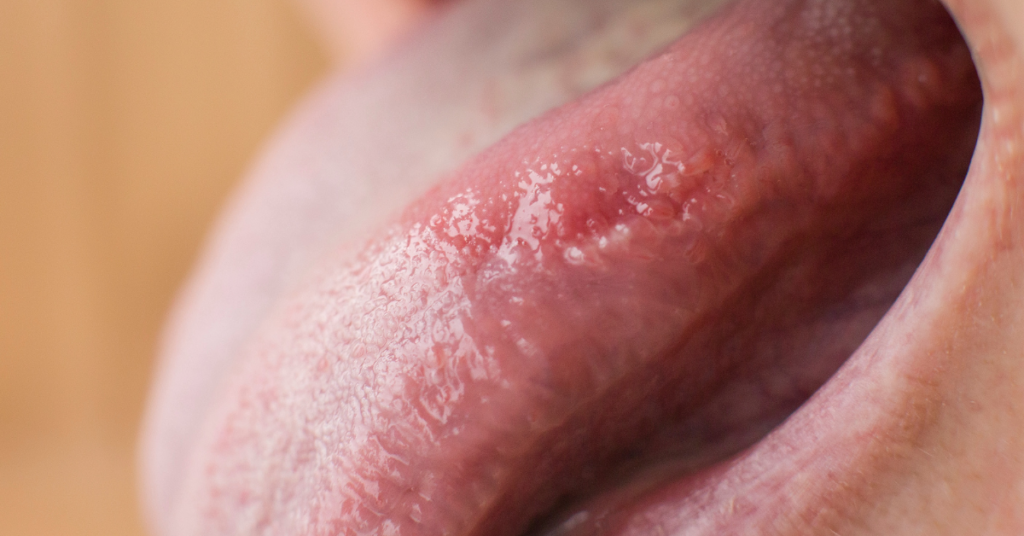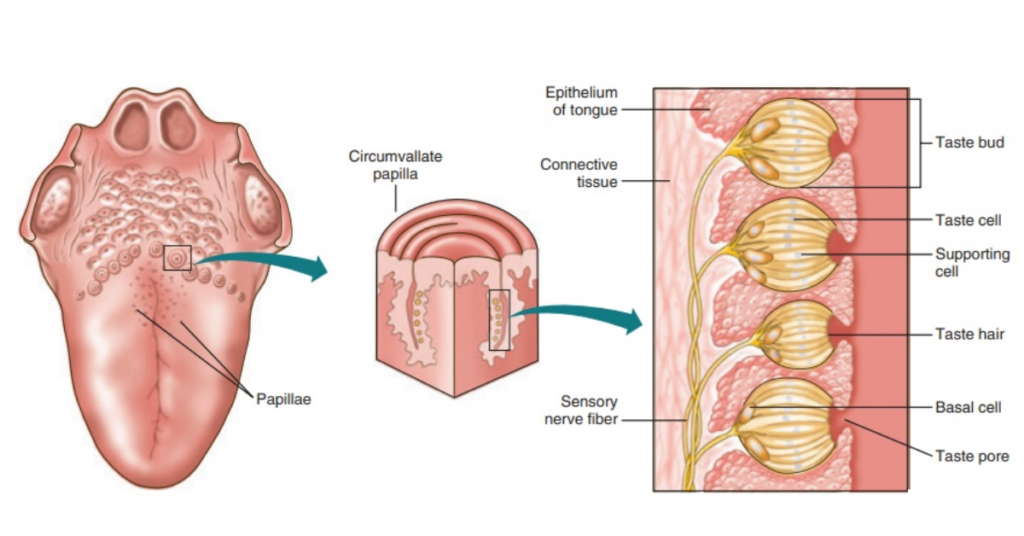Article reviewed by:
Dr Tan Kian Meng • Prosthodontist

Tongue cancer is a form of cancer that begins in the cells of the tongue, most commonly the epithelial cells. It is also a type of head and neck cancer whereby it can occur on the front of the tongue (known as oral tongue cancer) or at the base of the tongue near where it attaches to the bottom of your mouth (oropharyngeal cancer).

Traditionally, tongue cancer affects older male patients aged 60 and above. According to the American Cancer Society, 1 out of 5 patients diagnosed with tongue cancer is younger than 55 years old. In Singapore, National Cancer Centre Singapore (NCCS) has also recorded similar change in patient demographics where female patients and young patients are on the rise. This trend may be due to a change in society and lifestyle, whereby more people drink and smoke at a younger age.
What are the risks and causes of tongue cancer?
With all types of cancer, research is still ongoing, and the definitive cause is still unknown.
Smoking tobacco or/and frequent heavy consumption of alcohol increases the risk of cancer. Other causes and risk factors for developing tongue cancer can include:
- Human papilloma virus (HPV)
- Familial or personal history of cancer
- Weakened immune system
What are the signs and symptoms?
You might not notice any symptoms in the early stages, especially with cancer at the base of the tongue. The most common early sign of tongue cancer is a persistent sore or ulcer on your tongue. In contrast, a non-cancerous ulcer should naturally heal within two to three weeks.
The presence of pain from the sore or ulcer is another way to differentiate if it is worrying. Most regular (benign) ulcers are painful due to inflammation. On the contrary, cancerous (malignant) ulcers may be painless at the beginning creating a higher index of suspicion.
Other symptoms can include:
- red or white patch or lump on your tongue that persists
- experiencing pain and difficulty in swallowing
- mouth numbness
- persistent sore throat
- bleeding from your tongue with no apparent cause
If you notice any of these symptoms, see a dental specialist or dentist as soon as possible for a comprehensive check.
What is the role of a dental specialist or dentist in preventing and treating tongue cancer?
1. Prevention
Regular dental checks with a dental professional can help to maintain good oral hygiene and pick up any suspicious lesions, sores or ulcers. The role of a dental specialist or dentist also extends to enhancing patients’ knowledge of the risks and preventive measures of oral diseases.
2. Diagnosis
During your visit, your dental specialist will ask about your medical history, including any family or personal cancer history, smoking or drinking habits, and if you have ever tested positive for the HPV virus. He will also check your mouth and lymph nodes for abnormalities, swelling and signs of cancer, such as unhealed ulcers.
If there are signs of tongue cancer, a biopsy is needed.
What is a biopsy?
A biopsy is a minor outpatient surgery done under local anaesthesia to extract a small tissue sample for histology examination to diagnose the tumour’s type and grade. A tiny section of tongue tissue is removed from the suspected site while patient is on dental chair. Should your specialist require a larger area of your tongue tissue, you may opt for the surgery under intravenous sedation. The procedure is relatively quick and typically takes about 30 minutes to perform.
After the procedure, it is crucial to avoid biting or irritating the area. The recovery process may include minimal discomfort and swelling around the site, but it should subside within a few days. You can resume your regular day-to-day activities as soon as the same day of the procedure.
3. Follow-up & Treatment
After the biopsy, a follow-up visit will be scheduled about 7 to 10 days post-procedure where the results will be discussed. If the cells are cancerous, your dental specialist will discuss what are potential treatment options and plans moving forward with a medical specialist. Treatment options may include surgery, radiation and/or chemotherapy.
At Specialist Dental Group, we have a team of internationally qualified dental specialists and dentists who are well-trained to provide treatment for simple to complex dental needs. With our clinics located in medical centres, our team have the expertise and experience of working closely with medical doctors to manage patients with complex medical conditions.
What are the treatment options available?
The best prognosis is offered during early detection for tongue cancers. Treatment options often vary depending on the type, staging and progression of your cancer.
Surgery is often the best way to remove a tumour from the part of your tongue you can see. However, radiotherapy may be another option if it is on the back of your tongue. Sometimes, the best treatment can be a combination of chemotherapy with cancer-fighting drugs and radiation. After receiving treatment, you may need therapy to help you chew, move your tongue, swallow and speak better, along with regular check-ups.
After successful treatment, the five-year relative survival rate still depends on the spread and aggressiveness of the cancer as well as own personal immunity. With early diagnosis, you can be treated before it spreads further, allowing better outcomes through more treatment options with fewer side effects and a higher survival rate.
Can tongue cancer be prevented?
To reduce the risk of tongue cancer, taking proper care and maintaining good oral hygiene is key. There are other preventive measures that you may consider taking:
- Not smoking or chewing tobacco
- Reducing alcohol consumption
- Practicing safe sex
- Having a balanced diet
- Brushing and flossing your teeth regularly
- Going for regular dental check-ups every six months, if possible
If you notice any unusual ulcer and swelling, or are experiencing persistent symptoms, visit your dentist or a dental specialist to seek a professional opinion.
Need some dental assistance?
Drop us a text via the WhatsApp icon on the bottom right corner, enquire or call us at (65) 6733 7883.





